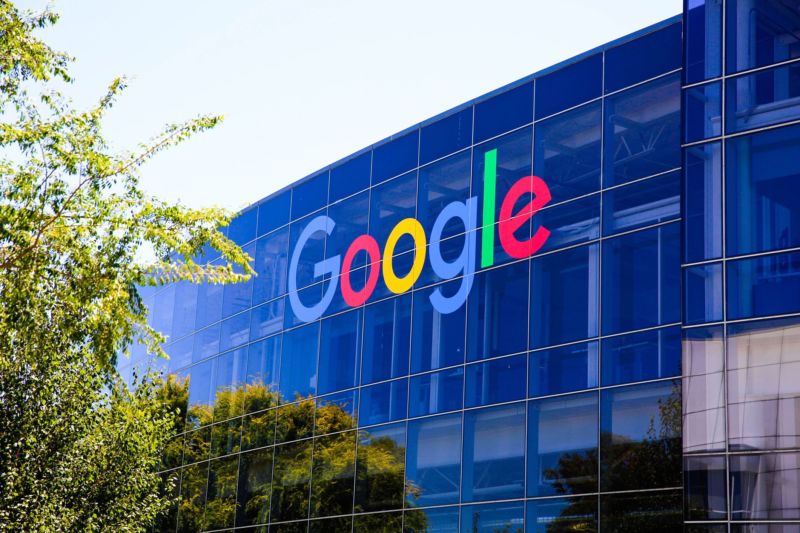Google has access to detailed health records on tens of millions of Americans

Google quietly partnered last year with Ascension—the country’s second-largest health system—and has since gained access to detailed medical records on tens of millions of Americans, according to a November 11 report by The Wall Street Journal.
The endeavor, code-named “Project Nightingale,” has enabled at least 150 Google employees to see patient health information, which includes diagnoses, laboratory test results, hospitalization records, and other data, according to internal documents and the newspaper’s sources. In all, the data amounts to complete medical records, WSJ notes, and contains patient names and birth dates.
The move is the latest by Google to get a grip on the sprawling health industry. At the start of the month, Google announced a deal to buy Fitbit, prompting concerns over what it will do with all the sensitive health data amassed from the popular wearables. Today’s news will likely spur more concern over health privacy issues.
Neither Google nor Ascension has notified patients or doctors about the data sharing. Ascension—a Catholic, non-profit health system—includes 34,000 providers who see patients at more than 2,600 hospitals, doctor offices, and other facilities across 21 states and the District of Columbia.
The massive data-sharing project with Google has multiple objectives. For Google’s part, the company is developing new software that employs artificial intelligence and machine learning to make care suggestions for individual patients. Google’s ultimate goal is to develop a searchable, cloud-based tool to host and examine massive amounts of patient data—which it could then market to other health systems.
Ascension aims, in part, to improve patient care with the project. Internal documents seen by WSJ indicate that Ascension also hopes that the Google-mining will help identify additional ways to generate revenue from patients, such as ordering more medical tests.
Transforming care
In a statement, Ascension Executive Vice President of Strategy and Innovations Eduardo Conrado said:
As the healthcare environment continues to rapidly evolve, we must transform to better meet the needs and expectations of those we serve as well as our own caregivers and healthcare providers. Doing that will require the programmatic integration of new care models delivered through the digital platforms, applications, and services that are part of the everyday experience of those we serve.
Tariq Shaukat, president of Google Cloud, added in the statement that, by working in partnerships, Google hopes “to transform the delivery of healthcare through the power of the cloud, data analytics, machine learning, and modern productivity tools—ultimately improving outcomes, reducing costs, and saving lives.”
Both Google and Ascension said that the project is compliant with federal health information privacy protections and is “underpinned by a robust data security and protection effort.”
Health privacy experts told WSJ that the project appears to be legal under the federal Health Insurance Portability and Accountability Act of 1996 (HIPAA). As the newspaper notes, the law “generally allows hospitals to share data with business partners without telling patients, as long as the information is used ‘only to help the covered entity carry out its health care functions.'”
[“source=arstechnica”]


